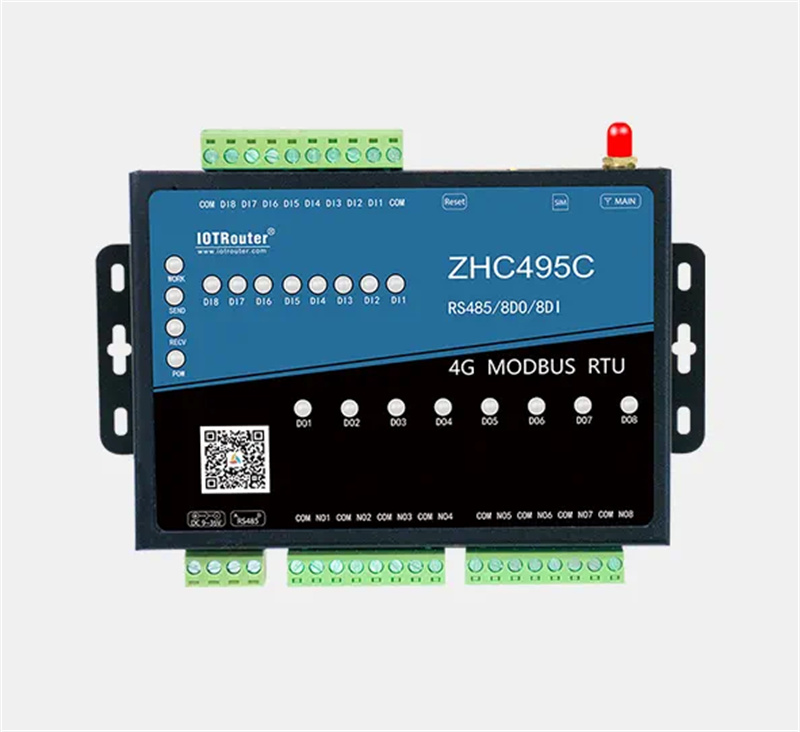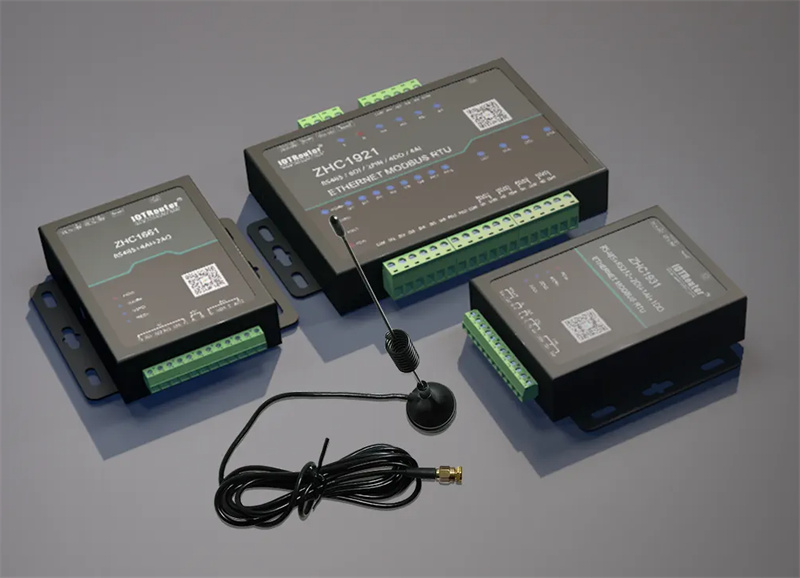With the rapid development of science and technology, high-performance computing applications such as big data and artificial intelligence are becoming standard equipment in all walks of life. However, traditional computing models often cannot meet the needs of these applications. Information exchange has become the bottleneck of system performance, and the emergence of distributed IO modules has broken this bottleneck, and its importance has become increasingly prominent.

The distributed IO module refers to a module that splits computing tasks into multiple subtasks and performs data processing and information transmission in a distributed computing environment. It achieves rapid processing and analysis of big data by distributing computing tasks to multiple nodes and utilizing parallel computing and distributed storage technology. The distributed IO module provides higher parallelism and scalability through an efficient data exchange mechanism, greatly improving system performance.
The distributed IO module realizes the rapid transmission and processing of data through collaboration between multiple nodes. Among them, data transmission is one of the key links. The traditional IO model usually adopts synchronous blocking IO method, which will introduce more waiting time during data transmission and affect the performance of the system. The distributed IO module adopts an asynchronous non-blocking IO method, which can transmit and process data simultaneously through multiple threads, minimizing waiting time and improving the system’s concurrent processing capabilities.
Another key point is the degree of parallelism in data processing. The distributed IO module decomposes the computing task into multiple subtasks and assigns them to multiple computing nodes for parallel processing. Through reasonable task scheduling and load balancing algorithms, the waiting time between computing nodes is minimized and the response speed of the system is improved. At the same time, the distributed IO module cooperates with the distributed storage system to realize fast reading and writing of data, further improving the performance of the system.

Through distributed IO modules, the system can make full use of the computing resources in the cluster and improve the overall performance and scalability of the system. The distributed IO module can automatically adjust data distribution and task scheduling according to actual needs, effectively reducing the load of computing tasks and improving system stability and reliability. At the same time, the distributed IO module has good fault tolerance. Once a node fails, the system can automatically perform failover to ensure data integrity and availability.
In practical applications, distributed IO modules are widely used in big data processing, cloud computing, artificial intelligence and other fields. It can provide efficient data transmission and processing capabilities, solve the limitations of traditional computing models, and provide new solutions for high-performance computing applications in various industries.
In short, distributed IO modules are an important part of improving system performance. It achieves rapid processing and analysis of big data by breaking the bottleneck of information exchange and utilizing parallel computing and distributed storage technology. The distributed IO module not only provides an efficient data exchange mechanism, but also has good distributed computing capabilities and fault tolerance. With the continuous development of technology, distributed IO modules will play an important role in more fields, bringing greater convenience and benefits to high-performance computing applications.
